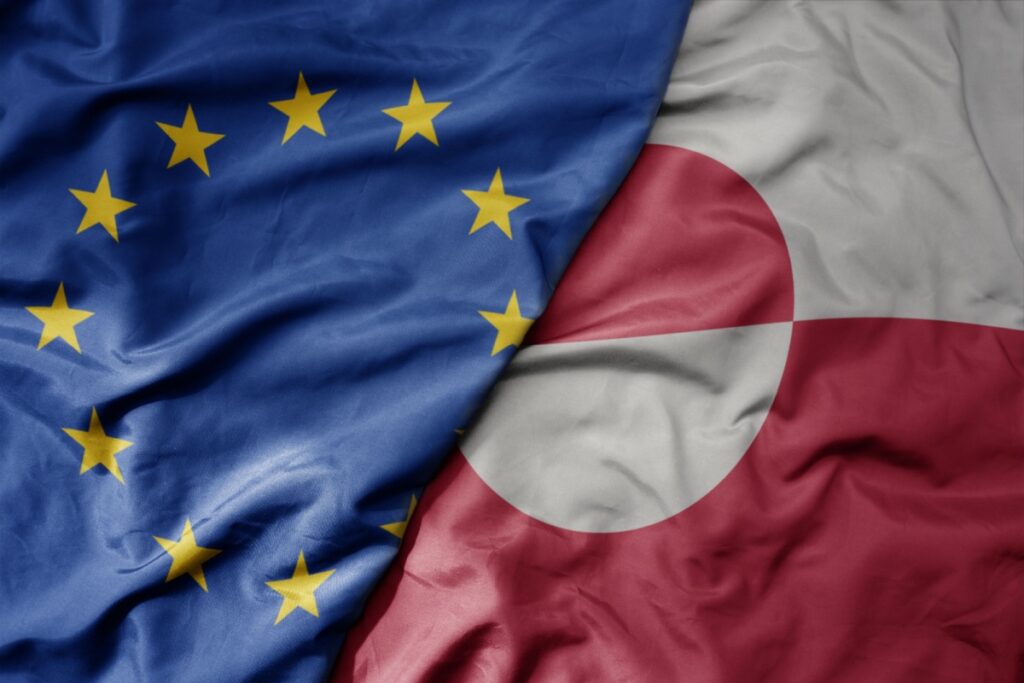Address to European Parliament Highlights Strategic Needs
On October 8, 2025, Prime Minister Jens-Frederik Nielsen addressed the European Parliament in Strasbourg, describing the European Union as a “trusted friend” and calling on the bloc to deepen investment across Greenland’s critical mineral, renewable energy, telecommunications, and air transport sectors. He observed that 2025 has been “an eventful if not dramatic year for Greenland,” asserting that climate change presents both urgency and opportunity for Arctic development.
In his address, Nielsen did not directly reference former President Donald Trump’s proposals to acquire Greenland, but he emphasized that ties with the United States should be conducted “in mutual respect, with respect for international law.” He reiterated Greenland’s intention to strengthen collaboration with Europe rather than becoming part of another nation, affirming that the island is “not seeking to join” the EU or be incorporated into the United States.
Calls for Investment in Infrastructure and Minerals
Nielsen urged the EU to capitalize on Greenland’s substantial reserves of raw materials, many of which align with the bloc’s strategic interests. He noted that Greenland holds 24 of the 34 critical raw minerals identified by the EU. He cautioned, however, that mining operations in Greenland are “capital intensive,” and stressed the need for early-stage partnerships rather than waiting until major projects are fully mature.
Beyond mining, he called on the EU to invest in hydropower development, digital connectivity, especially in remote northern regions, and the construction of two regional airports to improve access and logistics. He emphasized that reliable infrastructure and trusted operators are crucial to prevent interference or disruption by unauthorized actors.
Lawmakers responded positively: Nielsen’s speech concluded with lawmakers giving him a standing ovation.
Greenland’s Status, Risks, and Cooperation Context
Greenland is an autonomous territory within the Kingdom of Denmark, having gained home rule in 1979 and self-governing status in 2009. It withdrew from the European Economic Community in 1985 and currently maintains a close but non-membership relationship with the EU.
In March 2025, Greenland held elections that ousted Prime Minister Múte Bourup Egede, bringing Nielsen’s Demokraatit party to prominence. As part of that transition, Greenland seeks to reduce its economic dependence on Danish block grants, although such funding remains foundational to public services.
Greenland faces formidable challenges: the country’s remote terrain, limited infrastructure, seasonal access constraints, and environmental sensitivities complicate large-scale mining and energy projects. Nonetheless, climate change is opening parts of the region, making development more accessible—though not without ecological trade-offs.
Greenland also aims to convert future mineral royalty revenues into a national investment fund, somewhat analogous to Norway’s petroleum fund, to provide fiscal stability and long-term benefit. Meanwhile, the EU itself appears responsive: in early October 2025, European Commission President Ursula von der Leyen announced that the EU plans to double its financial support to Greenland.
Strategic Implications and Next Steps
Nielsen’s speech signals a more assertive Greenlandic outreach to Europe amid intensifying geopolitical competition over Arctic resources. Strengthened Greenland-EU ties could serve mutual strategic interests, especially in securing supply chains for clean energy technologies and reducing reliance on non-partner states.
Yet bridging the legal and political complexities remains daunting. Greenland’s semi-autonomous status within Denmark means any enhanced cooperation must navigate overlapping jurisdictions, sovereignty concerns, and regulatory alignment. The shifting dynamics also reflect broader European efforts to project influence in the Arctic at a moment when U.S. rhetoric around Greenland has resurfaced.
Nielsen’s appeal may mark a turning point: whether the EU embraces Greenland’s overture remains uncertain.


